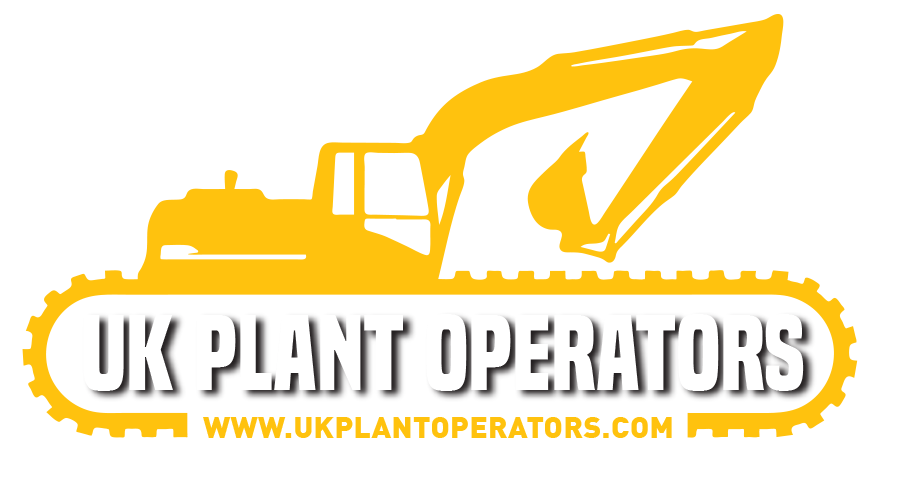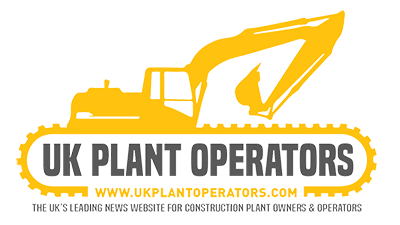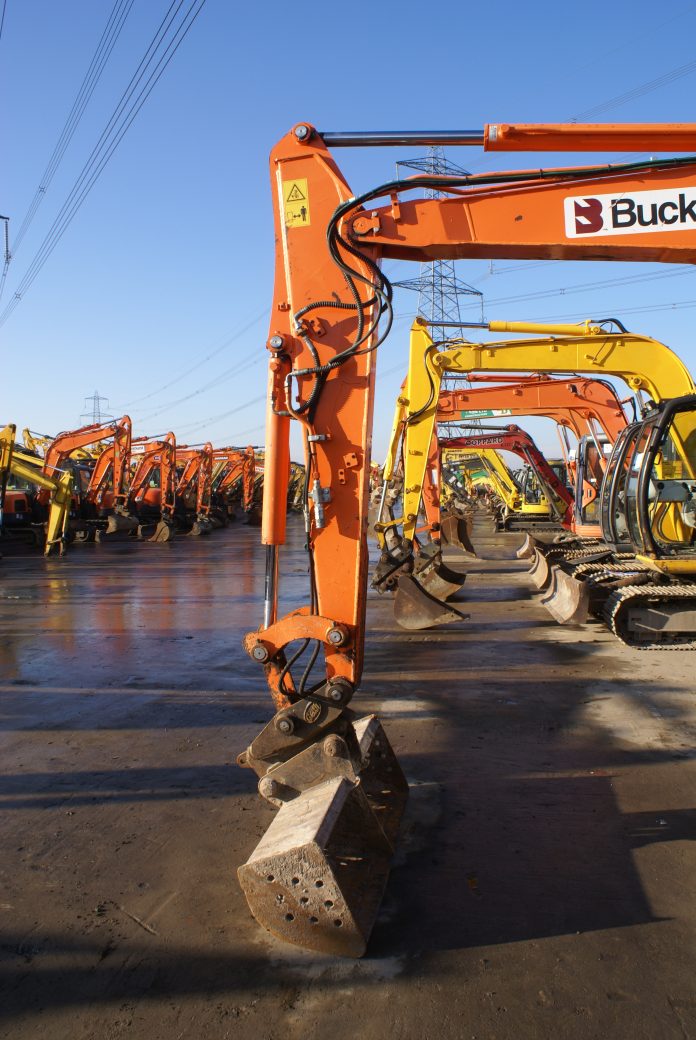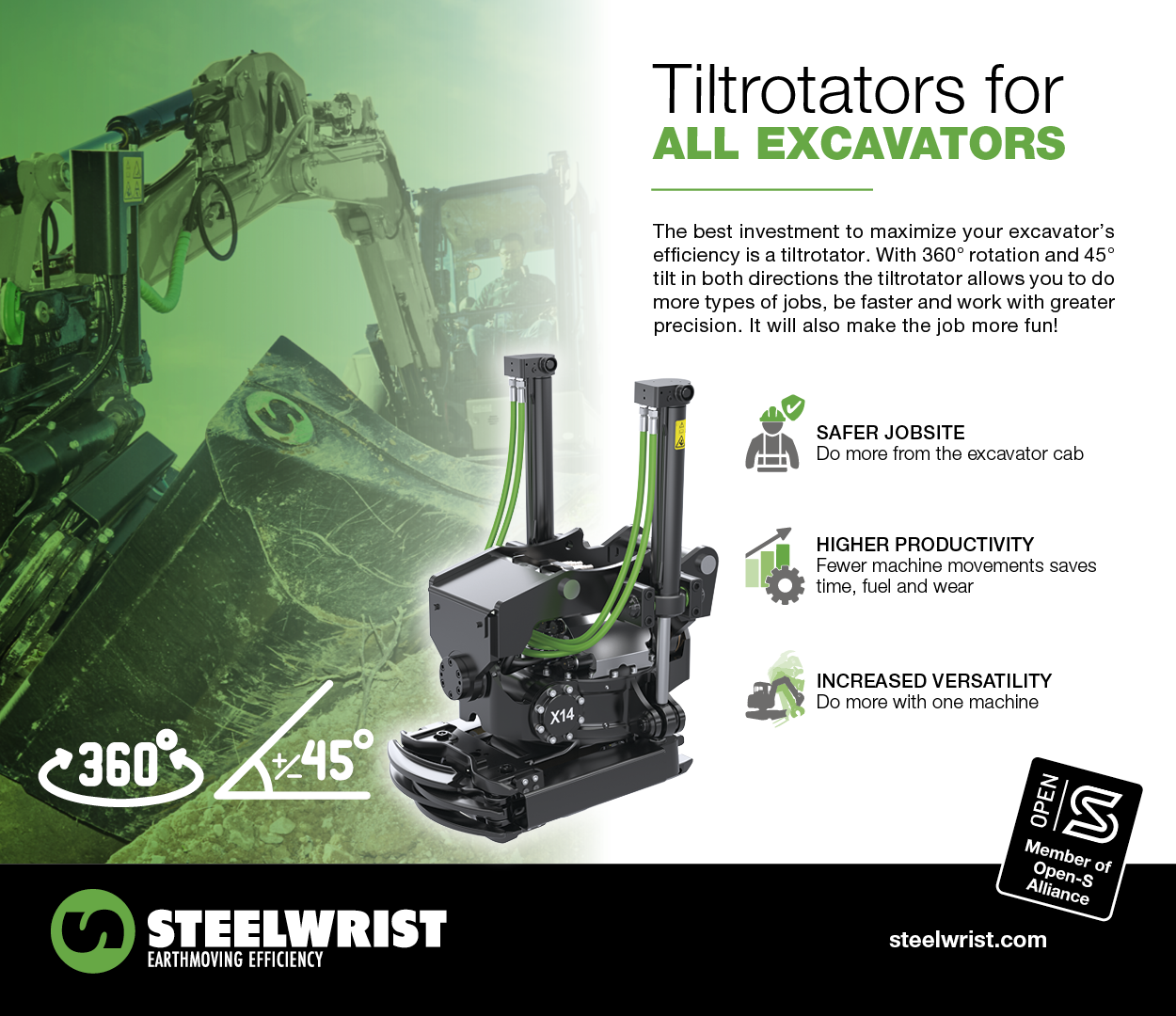![]()
Buying at Auction
With the world markets for new and used construction equipment, earthmoving and mining machinery being extremely buoyant, demand is ever changing globally, and large infrastructure projects can dictate where equipment is required and at what price around the globe.
For both buyers and sellers, machinery and equipment auctions are excellent destinations to both dispose of redundant machinery, as well as acquire equipment for specific projects. But for those who have little experience of both buying and selling at auction, what tips are available to help ensure you get a good deal?
Cathal Doherty, Euro Auctions Territory Manager for Ireland, explains how to buy and sell like a professional in the Two-Part guide on Buying & Selling at Auction.
PART #1
Buying at Auction – ‘Bag Yourself a Bargain’
Everybody likes the opportunity to buy good machinery for the right money, and in some cases to get a bargain. In the current climate plant and machinery auctions present great opportunities for seeing a lot of equipment in one place at the same time.
With many consignors clearing stock holdings, with manufacturers making way for new ranges, and with the rental market refreshing its fleets, all manner of good kit will go over the ramp at sales like the 60+ auctions that Euro Auctions hold each year around the globe.
So, what should buyers be aware of before bidding at auction and trying to buy that tractor, digger, dozer or whatever?
Here are ‘Top Tips’ for buying like a professional when bidding at auction from Cathal Doherty, Euro Auctions’ Territory Manager for Ireland.
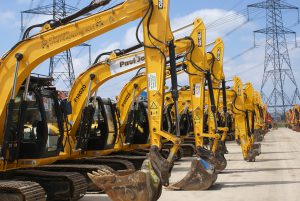
Research
Do your research before you visit the auction and decide exactly what it is you are looking for. Make a list of some of the specific requirements to ensure that you purchase the right piece of machinery. This will help you to determine the precise equipment requirements you need before going to any auction thus avoiding making impulse purchases and ensuring you don’t get involved in a bidding war and paying over the odds for a machine you or your company can’t afford!
Location & price:
Consider from where you want to buy that important next piece of machinery. Through a dealer, over the internet, from a private seller, or at auction, where it will be possible to view multiples of the same equipment giving buyers choice and enabling them to draw a comparison, therefore buying at an auction is preferable.
Price is also important. Ask: does it feel right? Is it too cheap? If it is, there could be a problem, as currently, due to lack of available stock, some ‘not so good’ second hand stock is finding its way into the market. Prior to bidding, it is necessary to register online or in person at the physical auction as well as provide contact details, a photo ID, bank information, a cash deposit or a guarantee letter from a bank or other financial institution. A personal bidding number will then be issued to registered buyers along with a catalogue and list of items for sale.
Visual checks:
The simplest check of all is visual. Ask, is it clean, is it leaking fluid, does it start, is it smoking, do all the controls work, are rams tight, are slew rings (for diggers) tight or slack, are tyres and wheels in good order. Check how much you’ll have to spend on a particular machine if you bought it.
General Condition:
Watch out for overspray and painted-over decals that may indicate haste in painting or intent to cover up a problem. A cleaned or washed machine may be the mark of past good maintenance, or intent to ‘wash away’ potential problems. Look out for fresh oil seeps and ‘new looking’ paint that was, until recently, protected by years of built-up grease. Also look for new gasket edges and shiny metal where parts join. If you see new works, be sure to ask to see maintenance records as you will need to know what caused a part to fail and require its replacement.
On engines, thicker oils are sometimes used to reduce leakage. Check the owner’s manual for the proper oil grade. If possible, get an oil analysis, especially if the oil has a ‘tackiness’ to it.
Open the cab door to check the floor and under the seats for any signs of rust.
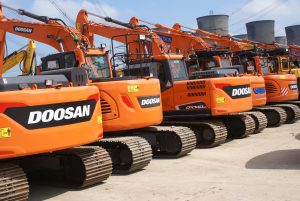
Check VIN plate:
When buying from an auction house like Euro Auctions, all the necessary checks will have been carried out. If buying privately ensure you check the VIN plate, including its condition and its current position. Is it fixed with new rivets that don’t match or does it look out of place? Is it stuck on by some other means? Has a serial number been ground off and that area repainted? Is the positioning of the VIN plate consistent with other vehicles in the same class? Check the lettering on the plate and ask if this is consistent with other similar vehicles make and model?
Contractors Equipment:
Contractors sometimes buy less-expensive agricultural equipment for their more demanding industrial uses. Watch out for points of excess wear plus oversized or heavy-duty tires not typical of the equipment. Keep an eye out for hammer marks, kinks in hoses and part misalignment; indicating that the wrong parts were used or care during assembly was ignored.
Check the history:
Try to check the history of the machine. Is the service history available? If not, who has owned the machine previously? The world plant industry is a tight-knit network and a couple of phone calls should hopefully turn up some intelligence on any particular machine. If the machine appears to be an ‘ex-hire’ item, call the hire company to see if they run this particular brand and type of machine.
Run It and Drive It:
This is crucial. Start the machine and observe any start-up problems, smoke puffs or unusual sounds. If possible, load machines in all gears once warmed up to check for desired lugging power.
Bid well:
Auctioneers want to get the best price for all machines sold at auction. However, auctioneers also want returning buyers to bid at the next and subsequent sales, so endeavour to ensure that they are entirely happy with previous purchases. The best advice is to have a limit and stick to it. Once you have reached your highest bid, STOP.

This guide ‘Bag Yourself a Bargain’ on buying used equipment is written by Cathal Doherty, Euro Auctions’ Territory Manager for Ireland
Tel: +353 86 217 6148 Email: cdoherty@euroauctions.com
www.euroauctions.com
